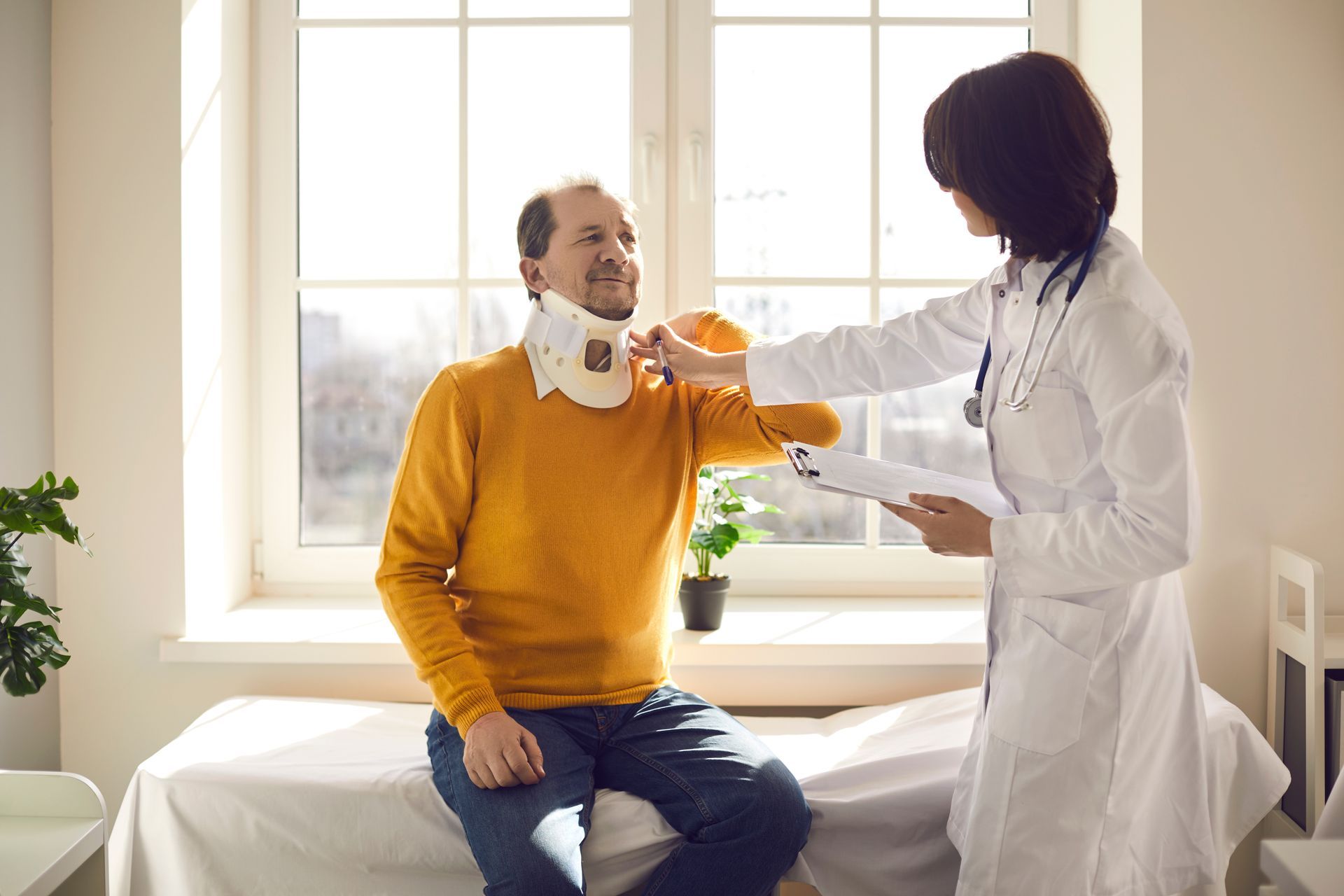In recent years, GLP-1 drugs like Wegovy and Ozempic have surged in popularity, primarily due to their effectiveness in managing weight loss and diabetes. These medications, which work by stimulating the release of insulin and helping control blood sugar levels, have been widely prescribed for patients who need to manage their blood glucose or achieve a healthier weight. While GLP-1 drugs have shown significant benefits, new concerns have arisen about potential side effects, particularly the risk of developing blood clots, that can lead to deep vein thrombosis (DVT) and pulmonary embolism (PE).
What is Deep Vein Thrombosis?
Deep Vein Thrombosis, or DVT, is a condition in which a blood clot forms in a deep vein, typically in the leg, leading to pain, swelling, and redness in the affected area. DVT can become life-threatening if part of the clot breaks off and travels to the lungs, causing a pulmonary embolism. It is a serious condition that requires prompt treatment and has the potential for long-term complications if not addressed quickly.
Request a FREE Case Review with MGM
Is There a Link Between GLP-1 Drugs and Blood Clots?
Recent studies have suggested a potential link between GLP-1 drugs such as semaglutide and the development of blood clots. While research is ongoing, some scientists believe that these drugs may contribute to clot formation, especially when other DVT risk factors are present. Though the exact mechanisms remain unclear, some researchers hypothesize that changes in body mass, blood flow, or metabolic processes could play a role in increasing clot risk.
Regulatory agencies, such as the FDA, are closely monitoring these findings and have recently advised caution regarding the use of GLP-1 drugs for people who may already be at higher risk of DVT. Despite the effectiveness of these medications, this risk warrants a serious look at their safety profile.
Potential Adverse Side Effects of Wegovy
Wegovy and other drugs that contain semaglutide often have a host of side effects, including nausea, vomiting, diarrhea, and abdominal discomfort. These common side effects are typically mild and subside as your body adjusts to the medication. Allegations of more adverse effects of the drug have been reported, including ileus, bowel obstructions, gastroparesis, DVT, and PE.
When to Consult a Medical Malpractice or Dangerous Drug Lawyer
When prescription drugs have adverse effects, such as DVT, that were not prominently disclosed, affected patients may have grounds for legal action. Lawsuits related to dangerous drugs and medical malpractice typically focus on whether the drug companies conducted adequate testing, disclosed risks to patients and providers, and met regulatory safety standards.
If you or a loved one has experienced an adverse reaction, such as blood clots, after using GLP-1 drugs, it might be beneficial to consult a lawyer. Medical malpractice or dangerous drug attorneys are skilled in pursuing cases to hold drug manufacturers accountable for harmful side effects. They can help you determine if you have a viable case and guide you through the process of gathering evidence, obtaining expert testimonies, and documenting any health impacts. For anyone dealing with unexpected and potentially dangerous side effects from medication, this support can be invaluable.
What to Expect in a Dangerous Drug Lawsuit
In a dangerous drug lawsuit, the primary goals are to prove liability, demonstrate harm, and show that the drug manufacturer did not adequately communicate the risks. This type of lawsuit often requires medical records, expert testimonies, and documentation of damages, such as medical bills, lost wages, and pain and suffering.
Patients affected by drug-related side effects can seek compensation for both their physical and financial losses. While the process can be complex, an experienced attorney will guide you through each step, helping you navigate the legal system and build a strong case. By pursuing legal action, affected individuals can seek justice and help ensure that drug manufacturers remain accountable for the safety of their products.
If you or someone you know has experienced adverse effects like blood clots after taking a GLP-1 medication such as Wegovy, reach out to the experienced team of lawyers at MGM. We can help you explore all of your legal options against dangerous and defective drugs.



